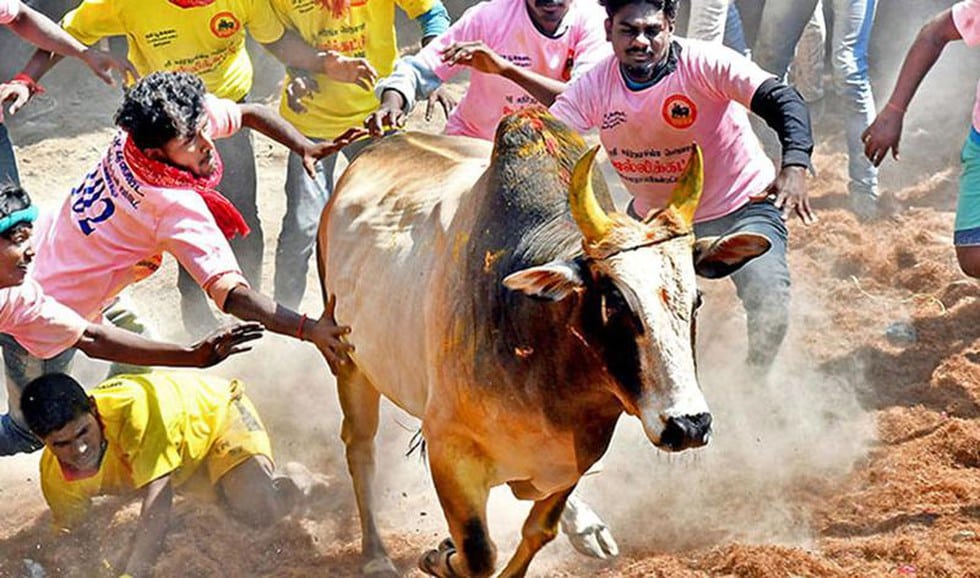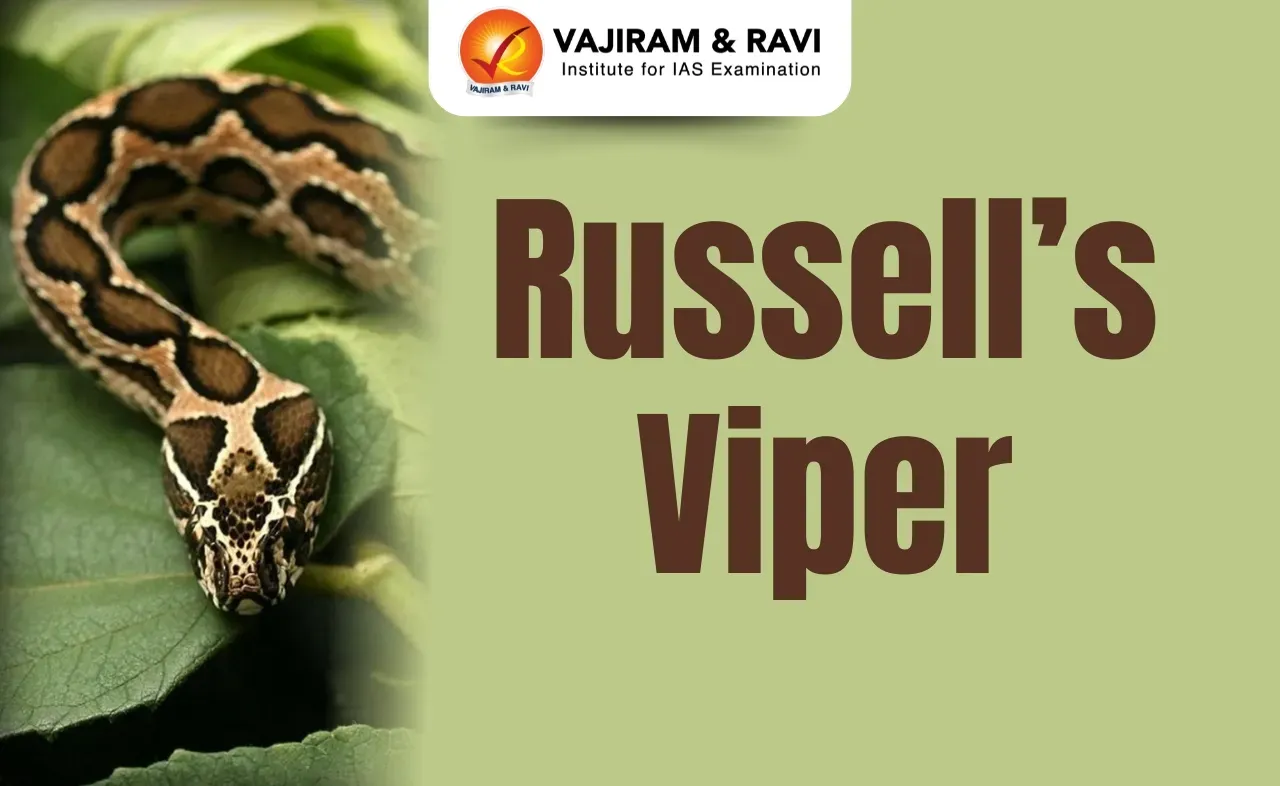About Jallikattu:
- Jallikattu (or sallikkattu) is also known as eru thazhuvuthal and mañcuvirattu.
- The bull-taming sport is popular in Madurai, Tiruchirappalli, Theni, Pudukkottai and Dindigul districts — known as the Jallikattu belt.
- Jallikattu is celebrated in the second week of January, during the Tamil harvest festival, Pongal.
- A tradition over 2,000 years old, Jallikattu is a competitive sport as well as an event to honour bull owners who rear them for mating.
- It is a traditional sport in which contestants try to tame a bull for a prize; if they fail, the bull owner wins the prize.
- Jallikattu is considered a traditional way for the peasant community to preserve their pure-breed native bulls.
- Kangayam, Pulikulam, Umbalachery, Barugur and Malai Maadu are among the popular native cattle breeds used for Jallikattu.
Q1) What is the significance of Pongal?
Pongal is an important Hindu festival celebrated in Tamil Nadu. The four-day-long festival celebrates the harvesting of crops like sugarcane, rice and turmeric; it falls around the same time as Lohri (celebrated in North India) and Makar Sankranti (celebrated in Western India) in mid-January each year. It is essentially a thanksgiving function wherein farmers thank nature, the Sun God and the farm animals for helping in growing the year’s produce while other people thank the farmers for producing the crops.
Source: The Hindu
Last updated on June, 2025
→ UPSC Notification 2025 was released on 22nd January 2025.
→ UPSC Prelims Result 2025 is out now for the CSE held on 25 May 2025.
→ UPSC Prelims Question Paper 2025 and Unofficial Prelims Answer Key 2025 are available now.
→ UPSC Calendar 2026 is released on 15th May, 2025.
→ The UPSC Vacancy 2025 were released 1129, out of which 979 were for UPSC CSE and remaining 150 are for UPSC IFoS.
→ UPSC Mains 2025 will be conducted on 22nd August 2025.
→ UPSC Prelims 2026 will be conducted on 24th May, 2026 & UPSC Mains 2026 will be conducted on 21st August 2026.
→ The UPSC Selection Process is of 3 stages-Prelims, Mains and Interview.
→ UPSC Result 2024 is released with latest UPSC Marksheet 2024. Check Now!
→ UPSC Toppers List 2024 is released now. Shakti Dubey is UPSC AIR 1 2024 Topper.
→ Also check Best IAS Coaching in Delhi
























